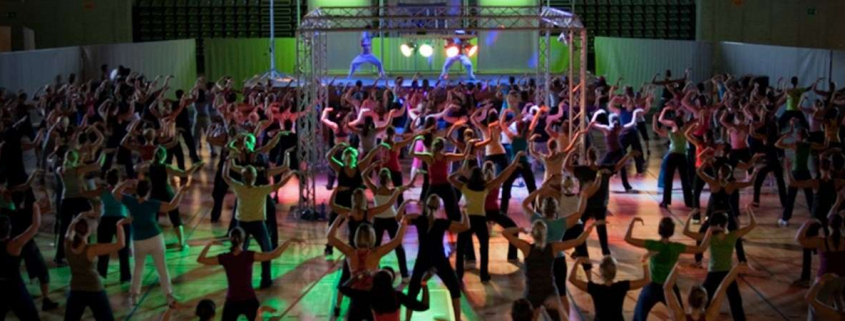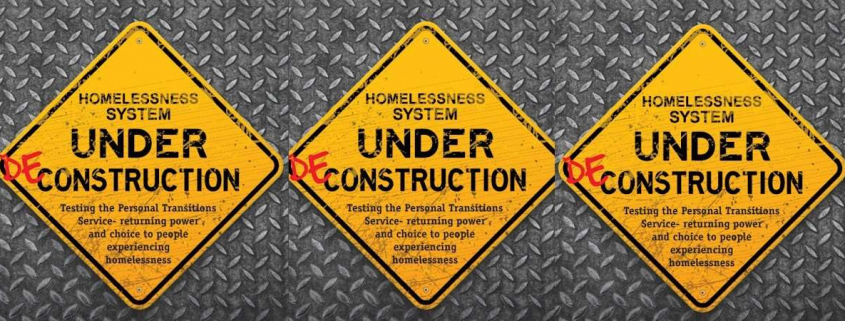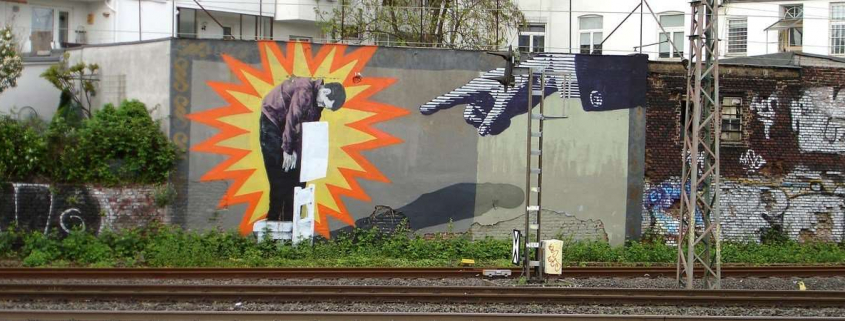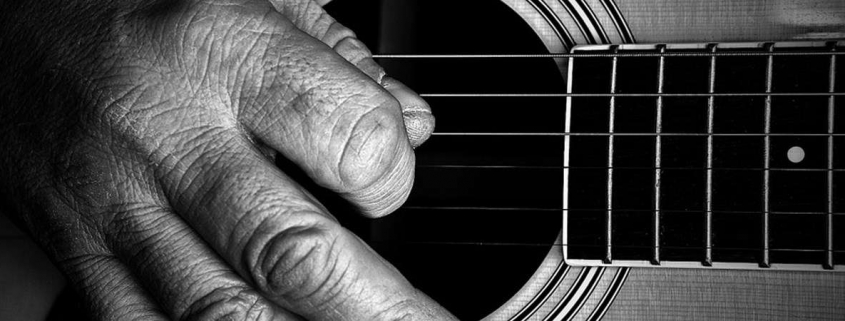Ditching the Lanyard
Mayday Coach, Andrew Durman, explores how it feels to go from knowing something isn’t right with the system to ditching the lanyard and working in a genuine person-led way through the Person-led, Transitional and Strength-based (PTS) Response.
Into the light
I count myself fortunate as I have recently been brought into the light as a PTS Coach for Mayday Trust in Northamptonshire. Prior to this, I have spent the majority of my work alongside people experiencing homelessness as a project worker or similar non-descriptive job title in traditional hostels/supported accommodation units. This year I hit 10 years in this line of work which brought me to a crossroad which was, unfortunately, forcing me down a road I was not wanting to go and the only other way to avoid it was to change career completely. This brought me to feeling a sense of sadness as it was not a decision I wanted to make but had to. The decision was that I wanted to continue my love for working alongside real people going through real difficulties and challenges within their lives, however, the trouble was that I could no longer sustain working in the current system for supporting these individuals. Thankfully an opportunity came for me to join Mayday. Hence the fortunate position I now find myself in now.
Person centred, or just at the centre of the hoop you have to jump through?
In the months I have been a PTS Coach I have realised the reason for the feeling that something wasn’t right whilst working in the traditional hostel environment. These feelings were, that although those services believed they had the right intentions to start with, something had gotten lost along the way. That something was the individual that the services had been created to support. For example, tag lines like ‘breaking the cycle of homelessness’ when in fact the service itself was a large contributing factor to that cycle of homelessness. Values like ‘person-centred approach’, but only as long as you agreed to conform and be under the control of a service. You may have been at the centre, but the circle around you was not one that was personalised to the individual, or one that the individual had any control over. It was in fact the centre of a hoop that you had to jump through in order to get a bed/room.
We are working with people so I never understood why, if that person is experiencing homelessness, we have a system with a specific ‘homeless way’ of working with that person. When this is the case you are not working with the person, you are in fact working with ‘the homeless’. If I go to the GP for support, I go in there with no labels and no other information other than I have something I need support with. That specific something is dealt with. I am a person and that is what I want help with at this time.
Working with individuals to break the cycle of homelessness yet seeing people return time and time again to the service did not seem right. Something was not working and the question would always be what is this individual going to do differently for this to be able to work, for us to allow that person to have access to the service (that does not sound empowering and person-centred at all). This was the greatest contradiction and something I struggled with. It is so obvious, but sadly only if you can see it, and maybe you cannot see it because you are not looking! The question should be what can we do differently, in order to be able to support this individual ‘break the cycle of homelessness?’
The answer is to change the system!
I am very proud to be a part of Mayday Trust that are doing this right now. Where once I was meeting people in an office in a scheme, I am now meeting in coffee shops, pubs, pool clubs, games workshops, the park, the gym, anywhere that the person feels comfortable. There is no pressure to meet and no consequences to not meeting, yet individuals choose to come. We are not having meaningless conversations for the sake of ‘key-working’ where the person is held at ransom as if they do not attend, labelled ‘non-engaging’ and issued with warning letters threatening eviction.
We are having real conversations about life in the exact same way that I do with my wife and mates and if the outcome of that conversation is reassurance, hope, confidence, a clearer direction on where to go/what to do, happiness, self-belief, empowerment, freedom and control then that’s outcome achieved. How do you record that in the current system? Where is the room for that among details on substance misuse, offending, mental health, budgeting, healthy cooking etc?
Focus on the positives and the negatives disappear
The funny thing is the more those conversations on those subjects happen, the more information gets recorded. A shift in focus and having conversations like the ones I am currently having and you will find that less needs recording (because those issues are having less of an impact on that person’s life). A focus on the negative will always lead to the negatives. But focus on the positives and the negatives will disappear. Sounds simple and that is because it is. We are not just looking for a plaster to cover up the difficulty (to manage the difficulty) we are getting to the root of it which brings on longevity in life & happiness. It is the symptoms that the current system supports and not the root cause of the current situation someone is in. And it is very rare that the answer to the root cause comes from focusing on the symptoms.
Ditch the lanyard
There are no labels attached in the places we meet, no judgement, or power imbalance, no lanyard. No one knows who we are, as far as they know we are just two humans having a conversation. The feelings that I get from this I find very hard to describe. So imagine the empowerment and feeling that the individual has. Not only does the system institutionalise the individuals it is there to support, but also the professionals working within it. The freedom and empowerment I feel now as a coach is powerful. I cannot imagine returning to work in a traditional supported accommodation service and will never do again. As the impact I can now have working with others is incomparable. That impact is that the power/control/choice is completely in the hands of the person. True empowerment, true person centred and not just a tag line in a mission statement or list of service values.
The most effective conversations I had whilst working in traditional services for homeless individuals was when bumping into someone in the corridor or around a pool table, not during ‘keywork’ meetings. Now all the meetings and conversations I have are effective and in ‘Places of Purpose’.
Not only that but I work for an organisation, with PTS partners and a team full of inspirational and like-minded people.
I feel very lucky and I am indeed empowered in the same way that finally the people I am working alongside are empowered.











